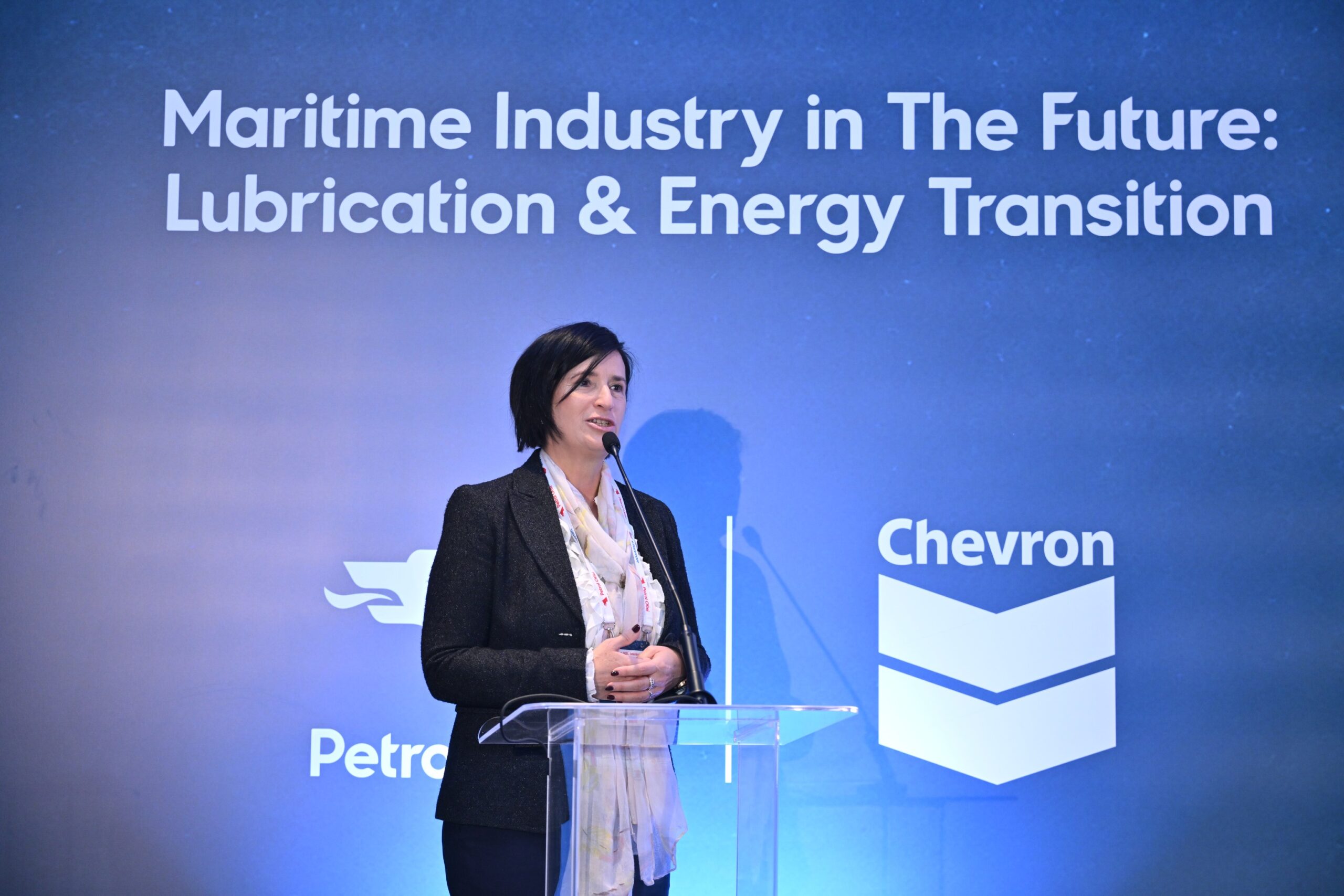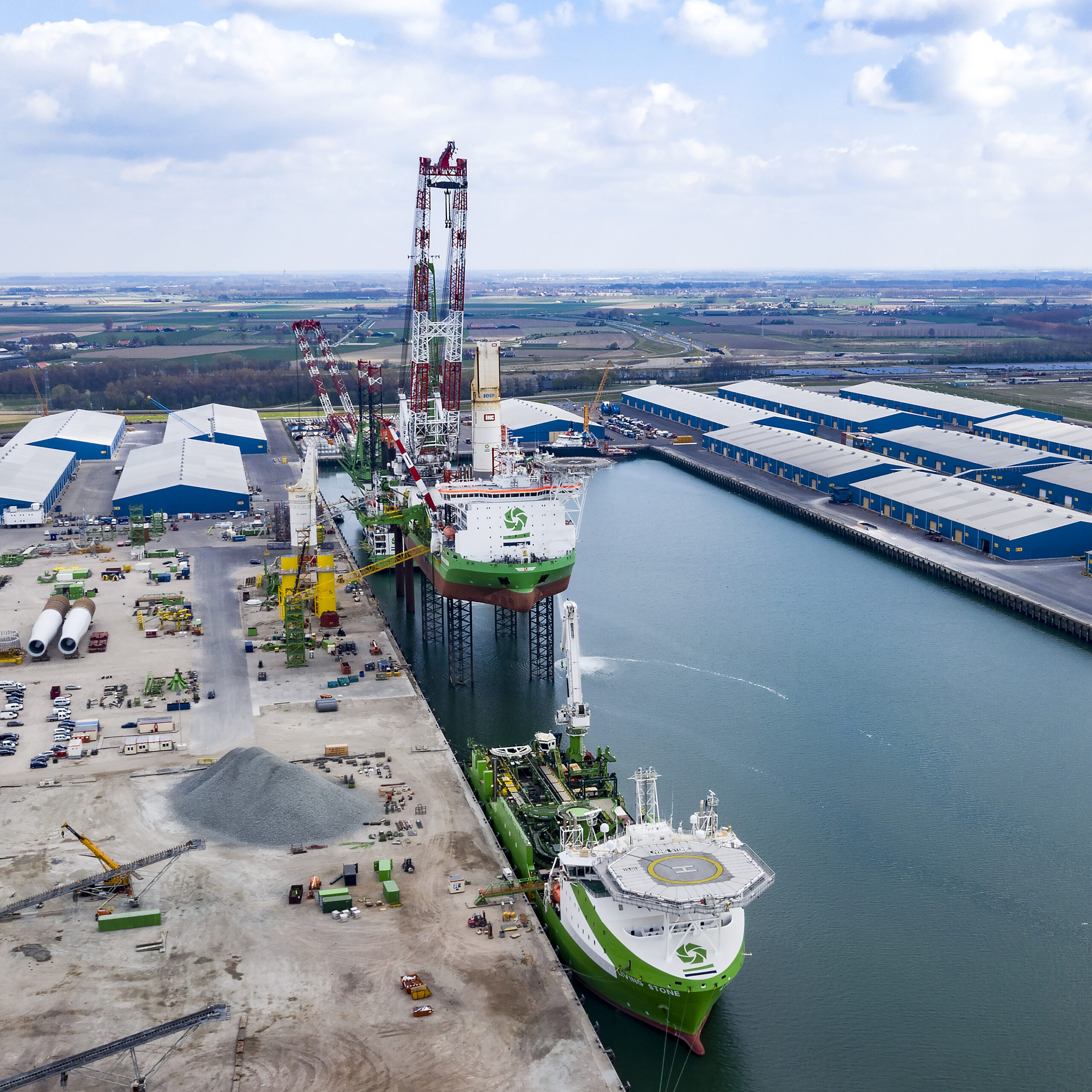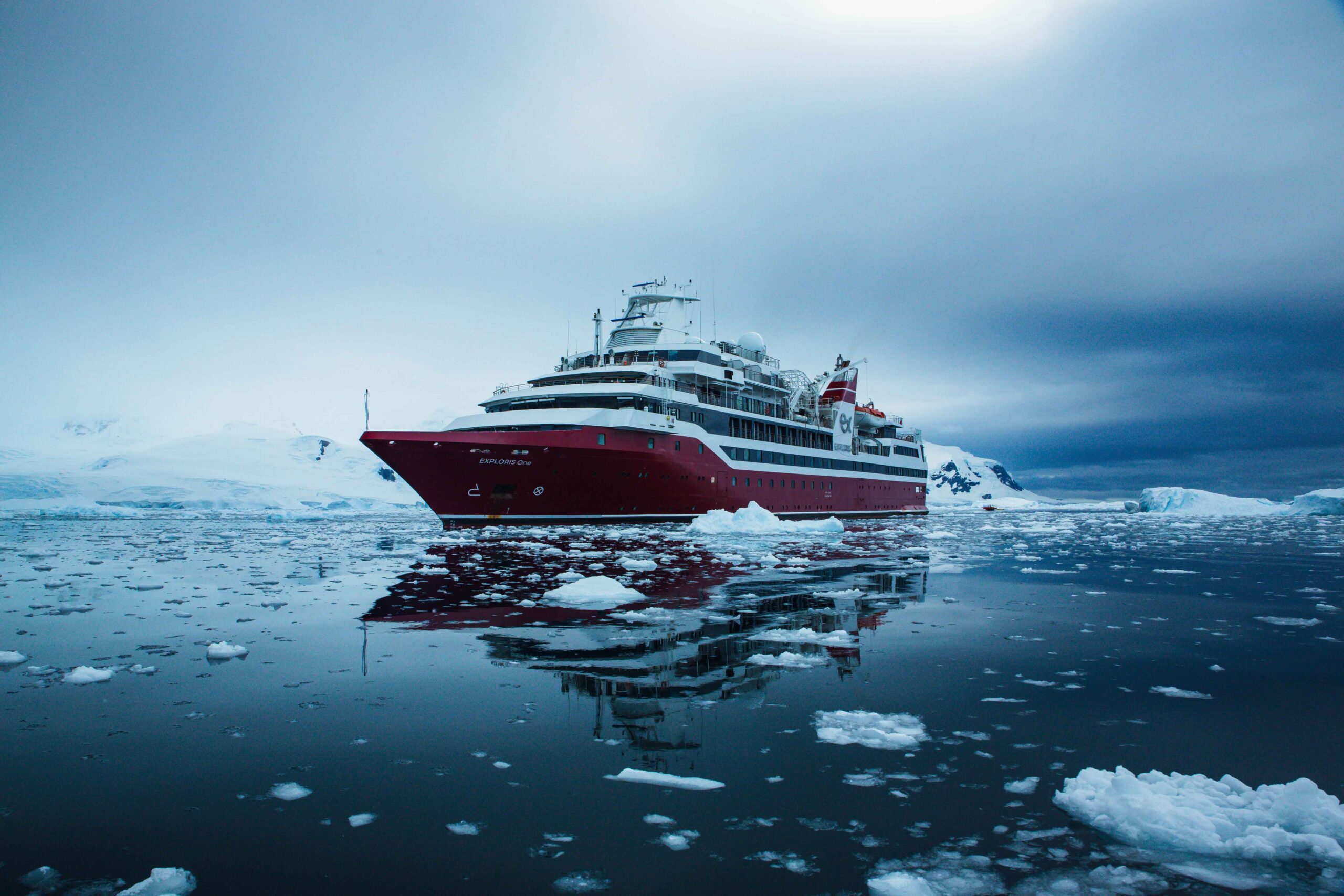Over the last few years, marine electronics manufacturers have been working overtime to develop a common infrastructure to transport NMEA 2000® messages over Ethernet. The solution is called OneNet®, and it’s scheduled to be operational by late 2014. Some manufacturers currently use higher bandwidth Ethernet for video as well as for proprietary messaging on Ethernet to add NMEA 2000® messages. While this approach may be expedient, there are problems with individual solutions, including a lack of interconnectivity and support of many different implementations.
“NMEA OneNet® does not replace NMEA 2000®,” said NMEA Technical Director Steve Spitzer. “NMEA OneNet® uses the physical and network layer standard based on the IEEE 802.3 Ethernet Standard. OneNet® complements the NMEA 2000® Standard and preserves existing and future NMEA 2000® messages (PGNs). OneNet® is not recommended for real-time critical data, because the NMEA 2000® Controller Area Network (CAN) enables prioritization and guarantees that the message transmitted will always get through to certified devices. IEEE 802.3 cannot provide the same guarantee of message delivery.”
OneNet® was initiated by a group of manufacturers who asked the NMEA to standardize a method of transmitting and receiving NMEA 2000® messages on Ethernet. The initiating manufacturers contributed their engineering expertise and have been an integral part of developing OneNet®. Participating on NMEA’s OneNet® Committee are Actisense, Airmar, Digital Yacht, the
Electronics and Telecommunications Research Institute of South Korea, FLIR, Fugawi, Furuno, Garmin, Johnson Outdoors, Korean Maritime University, Krill Systems, Maretron, Molex, Mystic Valley Communications, Navico, Raymarine, the U.S. Coast Guard, and Victron Energy.
Additionally, the U.S. Coast Guard R&D Center has contributed invaluable input to ensure that OneNet® meets the needs of commercial vessels in addition to those of national and international standards authorities.
The committee believes that OneNet® will not replace NMEA 2000® or NMEA 0183 within the foreseeable future. Each will have its place on a boat.
Unlock Exclusive Insights Today!
Join the gCaptain Club for curated content, insider opinions, and vibrant community discussions.

 Join The Club
Join The Club












